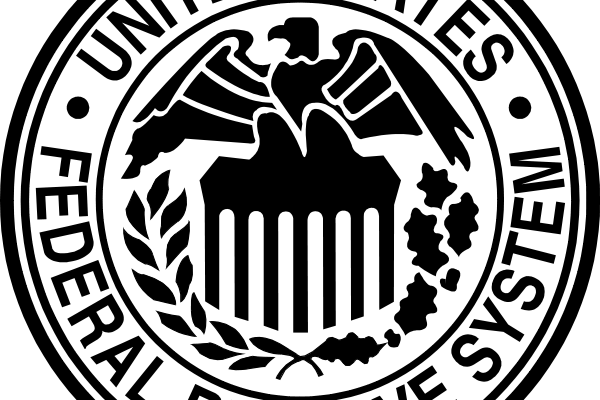Still “Patientâ€, but too Upbeat for the Stock Market
As a look at the WSJ’s FOMC statement tracker reveals, the Fed currently sounds quite upbeat about the US economy. Given that organs of the State are usually the last to recognize a trend (in this case the trend of a subdued, but better than elsewhere US economic performance), this should be taken as a warning sign that the trend may be close to reversing.Â
There was only one word for liquidity junkies in the statement: the term “patientâ€, in the context of the widely anticipated, but continually postponed, rate hike. While the Fed ponders rate hikes, US macro data have begun to weaken rather noticeably of late. Not to an extent yet that would be worrisome, but they offer a strange contrast to the upbeat FOMC statement. Also, the Fed keeps stressing that it sees the recent collapse in inflation expectations as “transitory†(it may well turn out to be), again removing a reason for waiting much longer with a rate hike. Meanwhile, central banks from Canada to Singapore are cutting their administered interest rates, or are adopting a dovish stance (New Zealand, Australia), or are engaging in outright money printing (ECB, BoJ). Bond yields keep plummeting all over the show, including those on treasuries, which benefit from still offering a sizable spread pick-up in today’s world of ZIRP, NIRP and negative yields on government bonds.

As a result of having communicated the impending interest rate hike so persistently, the Fed is practically forced to follow through, as it would otherwise endanger its vaunted “credibilityâ€. This is not what stock market participants want to hear in light of the less benign macro-environment and the not overly convincing revelations of the current earnings season.
Who could have known? The strong dollar actually eats into the profits of US multinationals. Interestingly, even some unemployment related data may well be at a turning point, in spite of unemployment being known as a lagging indicator of the economy. The main reason why it is worth pointing this out is that the US stock market exhibits a well-established negative correlation with initial claims data.

